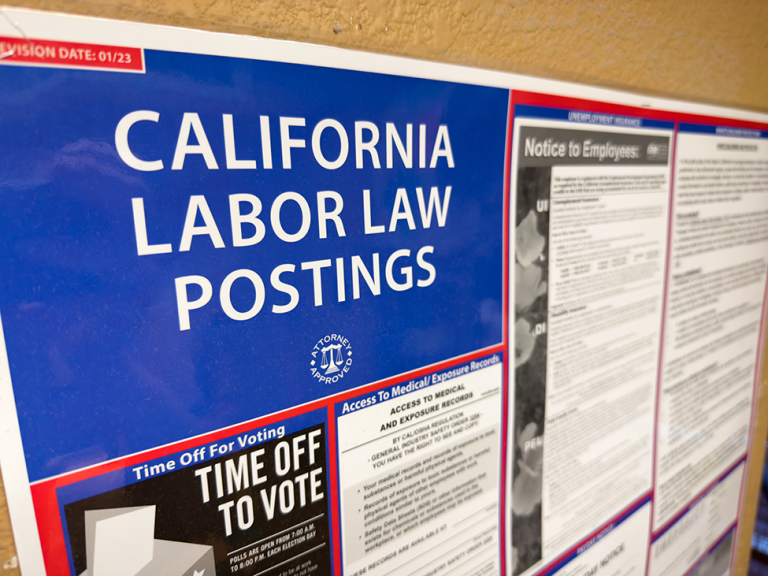Warmuth Law Privacy Policy
This privacy policy has been compiled to better serve those who are concerned with how their ‘Personally Identifiable Information’ (PII) is being used online. PII, as described in US privacy law and information security, is information that can be used on its own or with other information to identify, contact, or locate a single person, or to identify an individual in context. Please read our privacy policy carefully to get a clear understanding of how we collect, use, protect or otherwise handle your Personally Identifiable Information in accordance with our website.
Table of Contents:
- What personal information do we collect from the people that visit our blog, website or app?
- When do we collect information?
- How do we use your information?
- How do we protect your information?
- Do we use ‘cookies’?
- Third-party disclosure
- Third-party links
- California Online Privacy Protection Act
- How does our site handle Do Not Track signals?
- CAN SPAM Act
What personal information do we collect from the people that visit our blog, website or app?
We collect personal information voluntarily offered by visitors who submit a contact form, including your name, email address, and phone number. We do not collect sensitive information, such as credit card numbers or social security numbers.
When do we collect information?
We only collect information when a contact form is submitted.
How do we use your information?
We use your information to contact you following a website inquiry. Should you opt in, we may also send periodic emails and newsletters to your email address.
How do we protect your information?
We do not collect sensitive information and therefore do not encrypt form submissions.
Do we use ‘cookies’?
We utilize third-party software that may use cookies on our site. Cookies are in no way linked to your Personally Identifiable Information. You can choose to have your computer warn you each time a cookie is being sent, or you can choose to turn off all cookies. You do this through your browser settings. Since browser is a little different, look at your browser’s Help Menu to learn the correct way to modify your cookies. If you turn cookies off, some features will be disabled that make your site experience more efficient and may not function properly.
Third-party disclosure
We do not sell, trade, or otherwise transfer to outside parties your Personally Identifiable Information.
Third-party links
This web site contains links to other sites. Please be aware that we are not responsible for the content or privacy practices of such other sites. We encourage our users to be aware when they leave our site and to read the privacy statements of any other site that collects personally identifiable information.
California Online Privacy Protection Act
CalOPPA is the first state law in the nation to require commercial websites and online services to post a privacy policy. The law’s reach stretches well beyond California to require any person or company in the United States (and conceivably the world) that operates websites collecting Personally Identifiable Information from California consumers to post a conspicuous privacy policy on its website stating exactly the information being collected and those individuals or companies with whom it is being shared.
According to CalOPPA, we agree to the following:
- Users can visit our site anonymously.
- Once this privacy policy is created, we will add a link to it on our home page or as a minimum, on the first significant page after entering our website.
- Our Privacy Policy link includes the word ‘Privacy’ and can be easily be found on the page specified above.
- You will be notified of any Privacy Policy changes on our Privacy Policy Page
How does our site handle Do Not Track signals?
We do not track visitors over time or across third party websites. For this reason, we do not address Do Not Track signals.
CAN SPAM Act
The CAN-SPAM Act is a law that sets the rules for commercial email, establishes requirements for commercial messages, gives recipients the right to have emails stopped from being sent to them, and spells out tough penalties for violations.
We collect your email address in order to send requested information, respond to inquiries, and/or other requests or questions.
To be in accordance with CANSPAM, we agree to the following:
- Not use false or misleading subjects or email addresses.
- Identify the message as an advertisement in some reasonable way.
- Include the physical address of our business or site headquarters.
- Monitor third-party email marketing services for compliance, if one is used.
- Honor opt-out/unsubscribe requests quickly.
- Allow users to unsubscribe by using the link at the bottom of each email.
How can you contact us about our privacy policy?
If there are any questions regarding this privacy policy, you may contact us.




